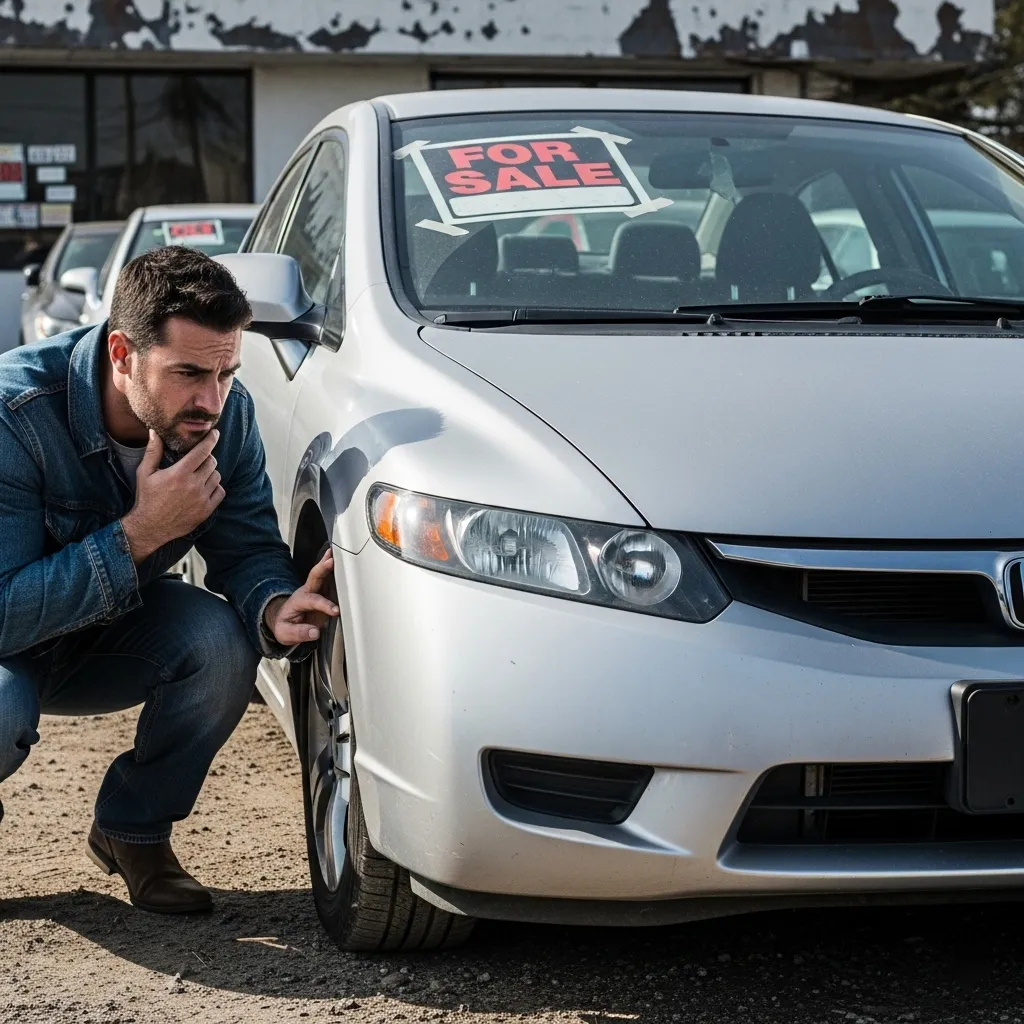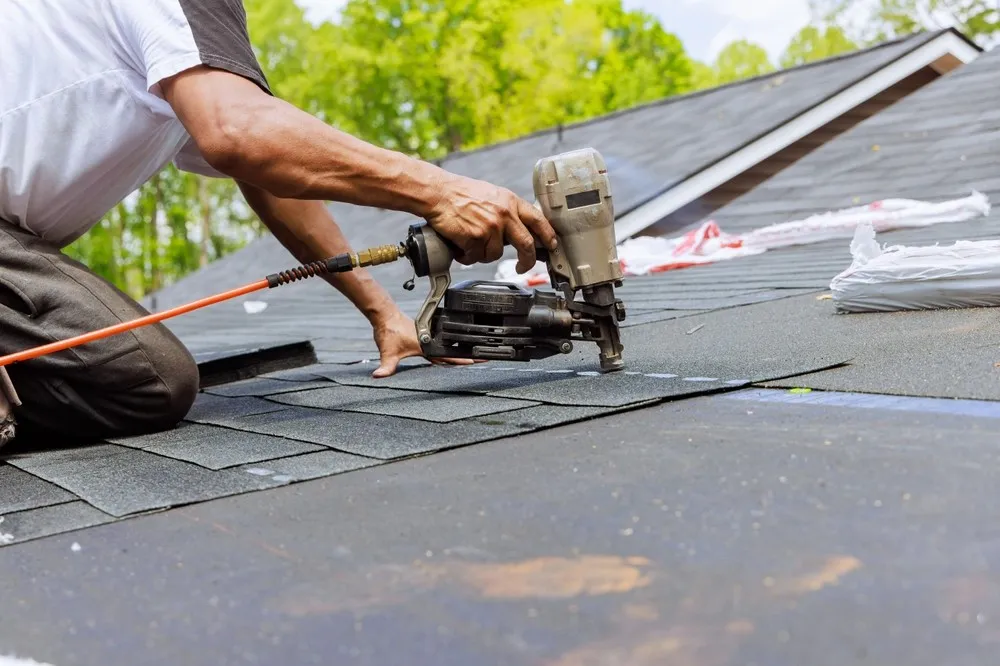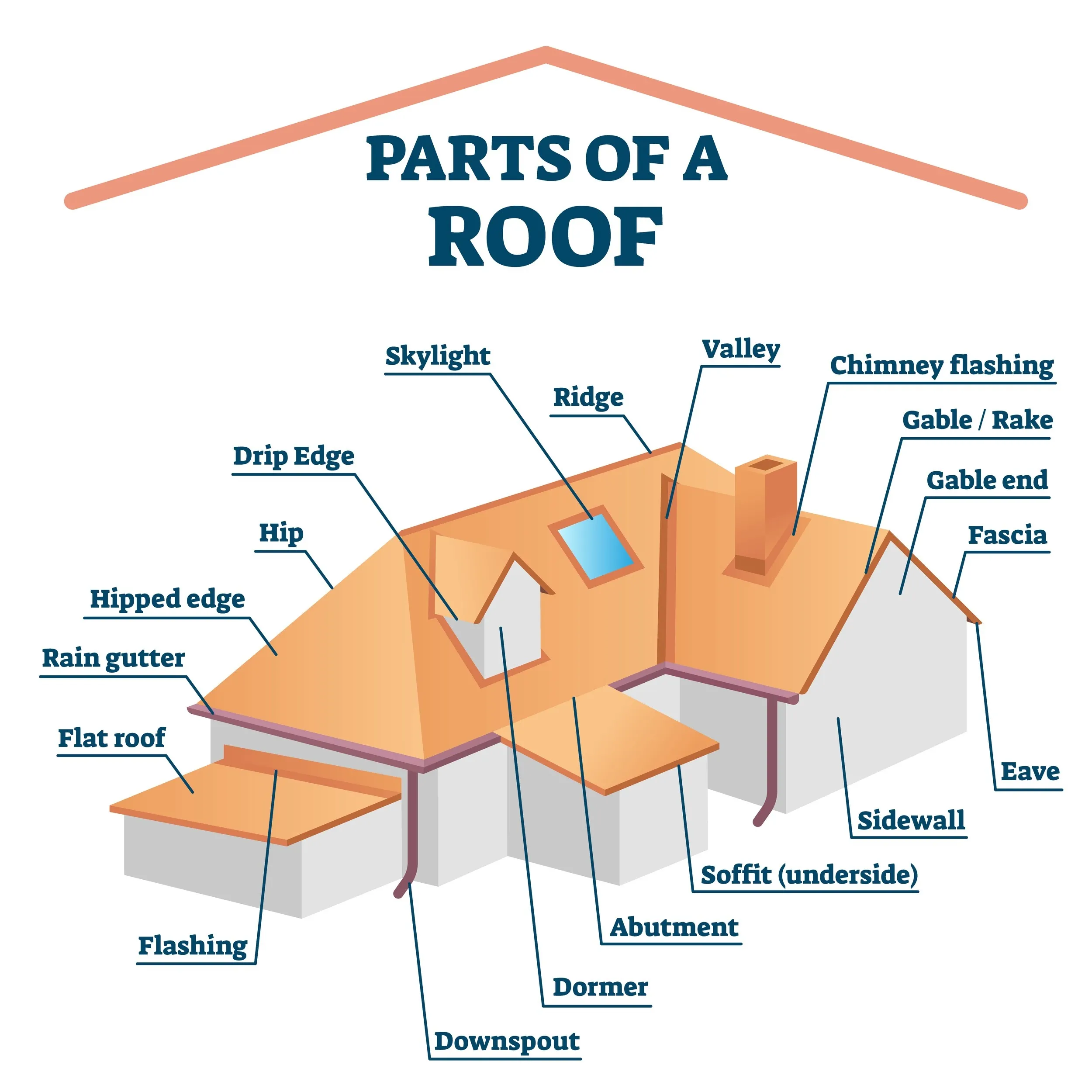Used Car Buying Mistakes: How to Avoid Costly Errors When Purchasing a Pre-Owned Vehicle
Buying a used car can be a smart financial decision, offering significant savings compared to new models. However, the process is full of potential pitfalls that can cost buyers thousands of dollars or leave them with unreliable vehicles. Many buyers rush the process or focus only on price, leading to common used car buying mistakes. This article will explore the top mistakes people make when purchasing used cars and provide expert strategies to avoid them. By understanding these risks and approaching the buying process carefully, you can secure a dependable vehicle at a fair price.

Skipping a Detailed Budget Plan
One of the first and most common used car buying mistakes is not setting a clear budget. Buyers often look at the car’s sticker price without considering ongoing costs such as insurance, fuel, maintenance, and registration fees. This can lead to purchasing a vehicle that strains their finances in the long run.
To avoid this, create a comprehensive budget before starting your search. Include your maximum purchase price, monthly payment limits (if financing), and estimated running costs. A realistic budget helps narrow down choices and prevents emotional overspending when you see an attractive model on the lot.
Failing to Research Vehicle Reliability and Market Value
Another critical error is failing to research a vehicle’s history, reliability, and resale value. Some used cars look appealing but have poor reliability records or high repair costs. Without proper research, you risk buying a “lemon” that could cost you more than a new car in repairs.
Use resources like automotive review sites and vehicle history reports to check common issues, recalls, and average market prices. Knowing the fair market value protects you from overpaying and helps you negotiate effectively.
Not Getting a Pre-Purchase Inspection
Skipping a professional pre-purchase inspection is one of the costliest used car buying mistakes. Many hidden problems, such as frame damage, flood damage, or engine issues, are not visible during a test drive. Without an inspection, you could inherit expensive repairs.
Always hire a trusted mechanic to inspect the vehicle before you commit. This small upfront cost can save you from buying a problematic car and gives you leverage if the mechanic finds issues you can use to negotiate a lower price.
Rushing the Test Drive Process
Some buyers rush through the test drive or skip it entirely, which is a major error. A test drive reveals how the car performs in real conditions, uncovers mechanical issues, and helps you assess comfort and fit. Not driving the car long enough means missing warning signs.
Plan a thorough test drive route with city streets, highways, and bumpy roads. Test the brakes, steering, acceleration, and electronics. Listen for strange noises and note any warning lights. Taking your time ensures you don’t overlook critical problems.
Overlooking Vehicle History Reports
Neglecting to review the car’s history report is a serious used car buying mistake. A clean-looking car might have a hidden history of accidents, flood damage, or odometer tampering. Buying such a vehicle could result in costly repairs or safety risks.
Request a comprehensive report from services like Carfax or AutoCheck. These reports show previous ownership, accident records, mileage, and title status. Avoid cars with salvage titles or inconsistent mileage records.
Ignoring Ownership Costs and Insurance Rates
Many buyers focus only on the purchase price, ignoring ongoing ownership costs like insurance, maintenance, and fuel. Some vehicles have notoriously high insurance rates or expensive parts. Overlooking these can wreck your budget.
Before buying, get insurance quotes and check maintenance costs for the specific make and model. Include fuel economy in your calculations. Understanding long-term expenses helps you choose a car that fits your financial situation.
Falling for High-Pressure Sales Tactics
Dealers sometimes use high-pressure tactics to push buyers into quick decisions, leading to poor choices. Common strategies include claiming “limited time offers” or saying “someone else is about to buy this car.” Falling for this pressure is a classic used car buying mistake.
Stay calm and stick to your research. If a dealer pressures you, be prepared to walk away. There are always other vehicles available. Buying a car is a major investment and should never be rushed by sales pressure.
Neglecting to Negotiate the Price
Another costly mistake is accepting the sticker price without negotiation. Most used cars are priced with room for bargaining. Buyers who don’t negotiate often overpay by hundreds or thousands of dollars.
Research market prices for the same make, model, year, and condition in your area. Use this data to make a reasonable offer. Be polite but firm, and don’t be afraid to walk away if the seller won’t meet your price.
Overlooking Financing Terms
Many buyers focus only on monthly payments without examining the full financing terms. This can result in paying much more than the car is worth over time. Predatory loans with high interest rates or long terms are a hidden trap.
Shop around for financing before visiting the dealership. Compare rates from banks, credit unions, and online lenders. Understand the total cost of the loan, not just the monthly payment. This helps avoid financial strain and ensures you don’t pay far more than the car’s value.
Skipping the Final Paperwork Review
The last and often overlooked used car buying mistake is failing to carefully review the final paperwork. Dealers may add hidden fees, extended warranties, or unnecessary add-ons without your knowledge. Signing without reading could lock you into unwanted costs.
Take your time to review every document before signing. Confirm the price, interest rate, loan term, and additional fees. Ask questions about anything unclear and refuse to sign until you fully understand all terms.
Conclusion
Buying a used car offers excellent value, but only if you avoid common pitfalls. From skipping inspections to falling for high-pressure sales tactics, these used car buying mistakes can be expensive and stressful. By setting a clear budget, researching thoroughly, getting inspections, and carefully reviewing all paperwork, you can protect your finances and ensure you drive away with a reliable vehicle. Take your time, trust your research, and never rush the process. A smart, informed approach will help you find the right used car at the right price, giving you peace of mind for years to come.











